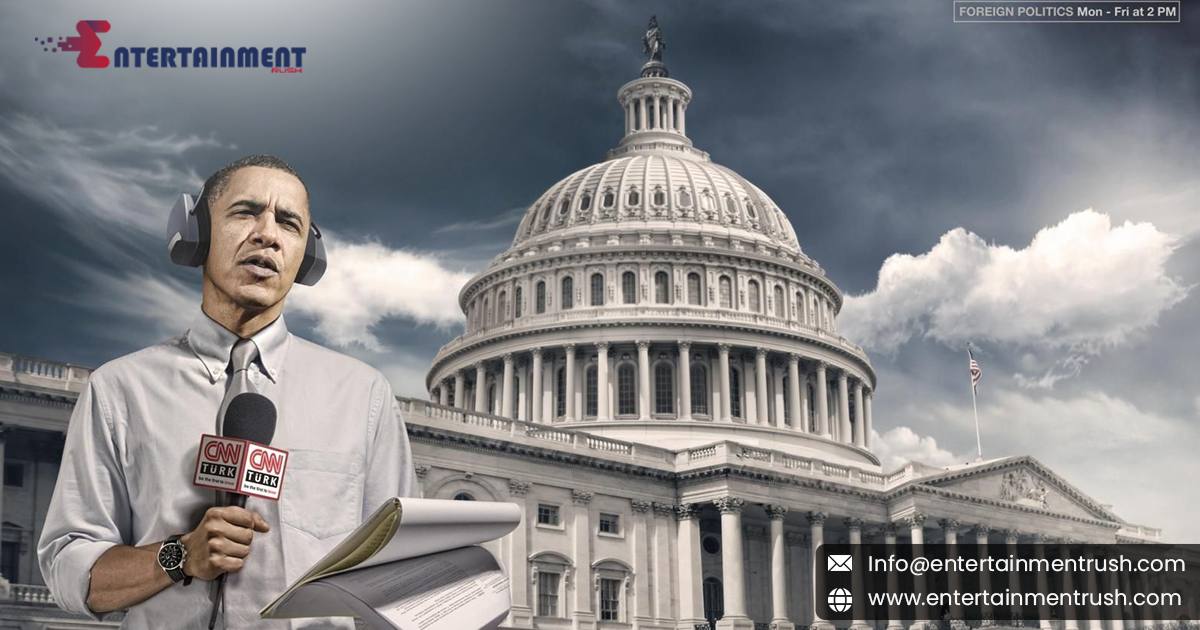In recent years, social media has emerged as a powerful tool in shaping contemporary political campaigns in the United States. Platforms like Facebook, Twitter, Instagram, and YouTube have become integral to the campaign strategies of candidates at all levels of government, offering unprecedented opportunities for outreach, engagement, and mobilization. With billions of users worldwide, social media allows politicians to communicate directly with voters, bypassing traditional media gatekeepers and reaching audiences with targeted messaging tailored to their interests and demographics.
Targeted Advertising and Microtargeting
One of the most significant impacts of social media on political campaigns is the rise of targeted advertising and microtargeting. Platforms like Facebook offer sophisticated ad targeting capabilities that allow campaigns to reach specific groups of users based on demographic data, interests, and online behavior. This enables candidates to tailor their messages to different segments of the electorate, delivering personalized content that resonates with voters and drives engagement. However, concerns have been raised about the potential for microtargeting to exacerbate political polarization and echo chambers, as users are exposed to content that reinforces their existing beliefs and biases.
Real-Time Engagement and Feedback
Social media also facilitates real-time engagement and feedback between candidates and voters, providing opportunities for direct interaction and dialogue. Politicians can use platforms like Twitter to share updates, respond to questions, and address concerns raised by constituents, fostering a sense of accessibility and transparency. Moreover, social media enables candidates to gauge public sentiment and monitor online conversations in real-time, allowing them to adjust their messaging and campaign strategies accordingly. This instant feedback loop can be invaluable in shaping campaign narratives and mobilizing supporters.
Viral Marketing and Grassroots Mobilization
The viral nature of social media has transformed political campaigning, allowing messages to spread rapidly across networks and reach audiences far beyond traditional media channels. Memes, hashtags, and viral videos have become powerful tools for generating buzz, building momentum, and mobilizing grassroots support. Campaigns can leverage the viral potential of social media to amplify their message, engage with younger demographics, and energize their base. However, the ephemeral nature of viral content also poses challenges in sustaining momentum and translating online enthusiasm into tangible electoral outcomes.
Disinformation and Misinformation
Despite its potential as a democratizing force in politics, social media also poses significant challenges in terms of disinformation and misinformation. The proliferation of fake news, conspiracy theories, and deceptive tactics on platforms like Facebook and Twitter has raised concerns about the integrity of electoral processes and the manipulation of public opinion. Foreign actors and malicious actors exploit social media to spread false narratives, sow discord, and undermine trust in democratic institutions. Moreover, the algorithms that power social media feeds often prioritize sensationalist content over factual information, amplifying the spread of misinformation and exacerbating societal divisions.
Regulatory Challenges and Ethical Considerations
The influence of social media on political campaigns has prompted calls for greater regulation and oversight to safeguard the integrity of elections and protect democratic norms. Lawmakers and policymakers are grappling with thorny questions about data privacy, online advertising, and the role of tech platforms in shaping public discourse. Ethical considerations also come into play, as campaigns navigate the fine line between engaging voters and manipulating opinions through targeted messaging and psychological tactics. Balancing the benefits of social media with its potential harms requires a nuanced approach that takes into account the complex interplay of technology, politics, and society.
Navigating the Social Media Landscape
Social media has fundamentally transformed the landscape of contemporary political campaigns in the United States, offering unprecedented opportunities for outreach, engagement, and mobilization. From targeted advertising and real-time feedback to viral marketing and grassroots mobilization, platforms like Facebook and Twitter have reshaped the way candidates communicate with voters and mobilize support. However, the rise of social media also poses significant challenges in terms of disinformation, polarization, and ethical considerations. As we navigate the social media landscape, it is essential to remain vigilant and critical of the information we consume, while also advocating for policies and practices that uphold the integrity of democratic processes and protect the public interest.




Leave feedback about this